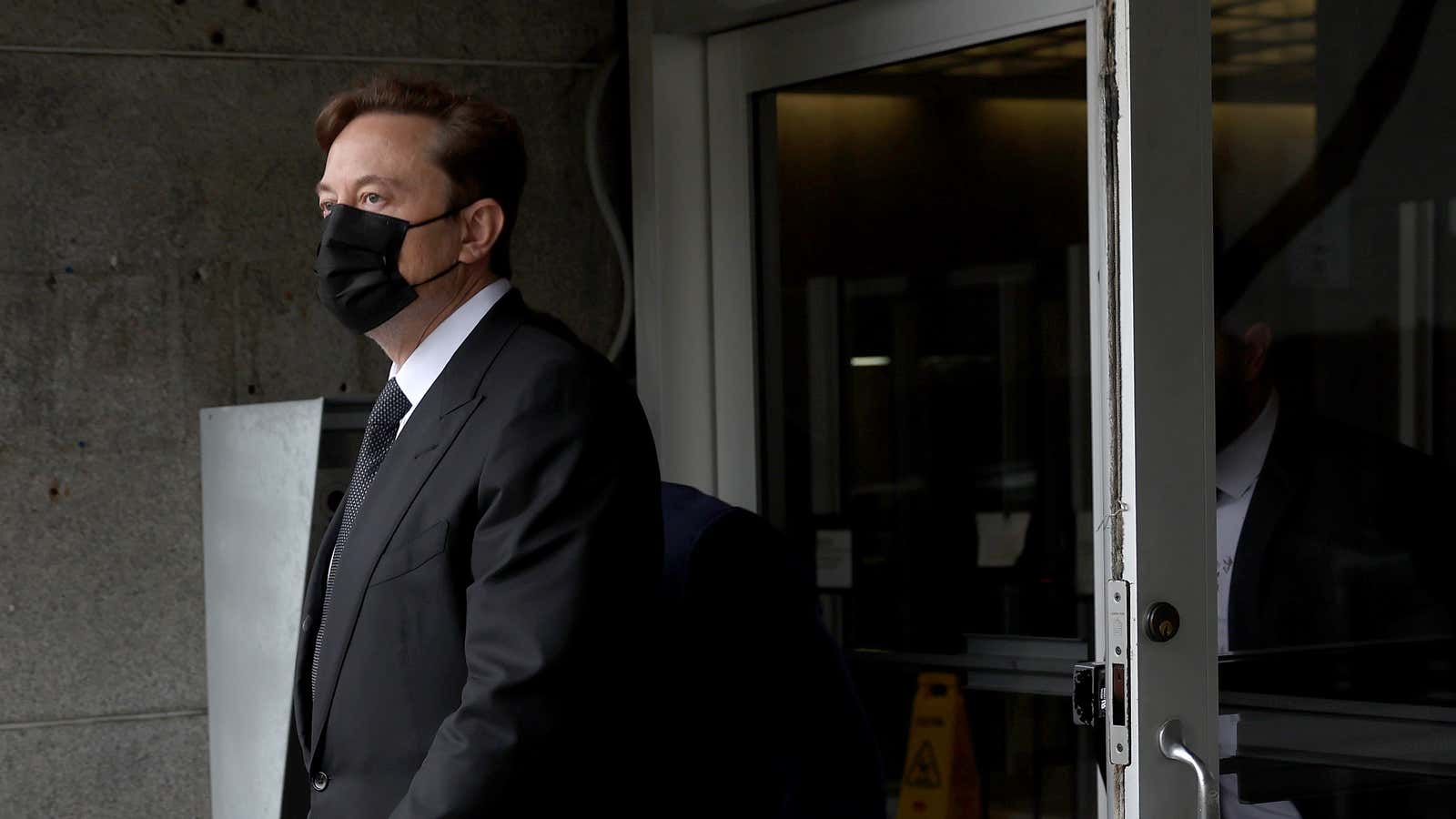Elon Musk’s latest internet flame war is with Substack. The newsletter company has announced a new feature for its website and app that Musk felt was too similar to Twitter for his liking.
The billionaire Twitter owner lashed out against Substack by temporarily blocking links to its web address and obscuring Twitter searches for Substack and its links. (Searching on Twitter for “Substack” temporarily redirected to the more general “newsletter.”)
That tiff escalated this past weekend as Musk feuded with Substack writers he’s been feeding internal documents to about Twitter’s prior management, particularly former Rolling Stone journalist Matt Taibbi, who writes a Substack newsletter with more than 350,000 subscribers.
But Musk’s clash with Substack comes mere months after he shut down Twitter’s own newsletter service, glomming onto a legion of Substack writers to promote a political agenda against the company’s prior staff and management.
Substack has a new social feature
Copycatting is rampant in Silicon Valley. Twitter’s Spaces is a Clubhouse copycat, its now-defunct Fleets feature was a knock-off of Snapchat’s Stories, and its video player now scrolls vertically like Tik-Tok.
So while Substack’s new Notes feature might look similar to Twitter, that’s not abnormal in the tech world. It also looks much like Facebook, LinkedIn, and many popular social feeds.
Substack Notes, which launched on April 11 to the public, is meant to give newsletter writers a quicker way to post thoughts without blasting out newsletters to their entire email lists. Notes, which lives on Substack’s website and in its app, also aims to drive signups to the platform’s main product: email newsletters.
Remember Revue?
Twitter’s competition with Substack is nothing new. After showing interest in buying Substack in 2020, Twitter purchased the Dutch newsletter company Revue for an undisclosed sum in 2021. It was one of a few ways that Twitter attempted to enter the so-called creator economy, providing tools for popular users to monetize the audiences they had built on the platform. In other words, Twitter bought Revue so writers could distribute a newsletter directly to their followers without sending them to Substack.
Less than three months after taking over Twitter, Musk shut down Revue in January, choosing instead to expand the length of tweets for Twitter Blue subscribers from 280 characters to 4,000.
Substack pushes back against Elon Musk
On April 7, two days after announcing Notes, Substack executives spoke out against Twitter blocking links to their site. Co-founder Hamish McKenzie tweeted that Musk’s decision was indicative of a larger problem with social media companies—that they mediate the entire relationship between creators and their audiences.
“If writers and creators don’t own their relationships with their audiences, they’re not in control,” McKenzie wrote, noting that Substack allows its writers to control their own email lists. “Any platform that benefits from writers’ work but that doesn’t give them control over their relationships will inevitably wonder how to respond to the platforms that do,” he added.
On April 10, claiming that Substack links were “never blocked,” Musk finally explained himself: “Substack was temporarily categorized as ‘unsafe’ when we discovered that they were illegally downloading vast amounts of data to pre-populate their Twitter clone.”
Substack co-founder and CEO Chris Best denied the allegations, posting in a private Note that was shared with Quartz. “We have used the Twitter API, for years, to help writers,” Best wrote. “We believe we’re in compliance with the terms, but if they have any specific concerns we would love to know about them.”
Musk also extended his ire to Taibbi, who—seeing that Twitter was blocking Substack links—announced he would stop posting on Twitter and move to Substack Notes. Musk was enraged, falsely claiming that Taibbi is an employee of Substack and later tweeting out his private text messages to the journalist.
A misstep from Musk
Around the same time that Twitter shut down Revue, Musk began leaking documents to journalists—many of whom write Substack newsletters. The Twitter Files, Musk alleges, show liberal bias and close cooperation with government from Twitter’s former management.
Perhaps it didn’t occur to Musk that he could have had it both ways: If he wanted to play hardball, he simply could have kept Revue online and fed the documents to writers who used it or in exchange for switching to his platform. (Instead they posted directly on Twitter.)
Now Musk is arguing with Substack over a simple social media feature on its website and burning the very journalists he’s counted as allies for the past five months.
